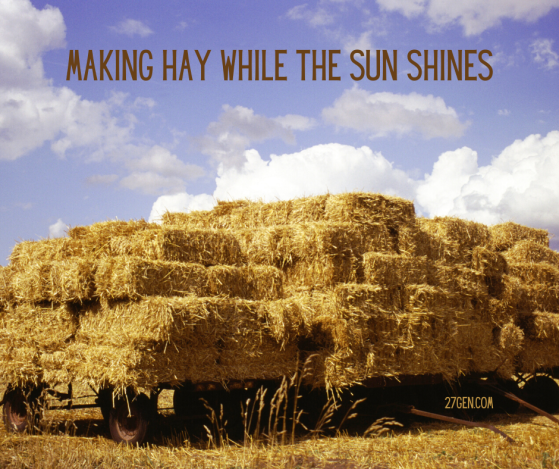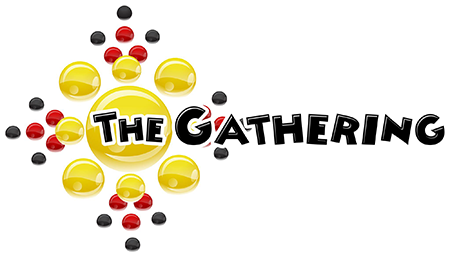By Bob Adams
On the way to pick up a take-out lunch from my neighborhood diner yesterday, the warm sunny day found me with the sunroof open and the windows down. I came across a field that had freshly cut and baled hay in it – the old style small bales. The aroma of the hay took me back to my teenage years, when my buddies and I helped nearby farmers as they would bring in hay for their cattle. My usual job was to stack hay bales on a wagon pulled by a tractor – sometimes tossing them from the field, sometimes stacking them on the wagon. Hard work, but good exercise and fun for a bunch of teenagers.
My instantaneous trip down memory lane was shattered when I rounded the corner and saw one man, driving a tractor pulling a machine that picked up the bales, stacked them in neat rows, and when a row was complete lifting the whole thing onto a trailer. The work was quicker, neater, and in the long run more economically advantageous for the farmer.

On the way back from the diner, going down the same road, but on the other side, I saw an elderly gentleman driving a tractor cutting a small field around his house – but with an identical International Harvester tractor and mower to that I used in the early 70s. Now, the tractor I used then was old – that made this one really ancient. But it seemed to be doing the job just fine, and the farmer was moving right along in his work.
The more things change, the more they stay the same.
The season and needs of both farmers dictated their actions. Each was using tools at his disposal to accomplish a task. Each was satisfied that they were doing the right thing, and they achieved their desired result.
Change, even as regular as the seasonal changes (at least in NC) is a constant. I’ve been a student and practitioner of change for a long time. One of the best resources for understanding change is William Bridges’ Managing Transitions. Don’t let the title fool you: the first sentence explains the premise of the rest of the book: It isn’t the changes that do you in; it’s the transitions. Bridges sees change as situational – the new job, new boss, new policy. Transition is the psychological process people go through to come to terms with the new situation.
I think Bridges would translate the old French saying above to: There can be any number of changes, but unless there are transitions, nothing will be different when the dust clears.
Situational change hinges on the new thing, but psychological transition depends on letting go of the old reality and the old identity you had before the change took place. Nothing so undermines organizational change as the failure to think through who will have to let go of what when change occurs.
Got Change, anyone?






